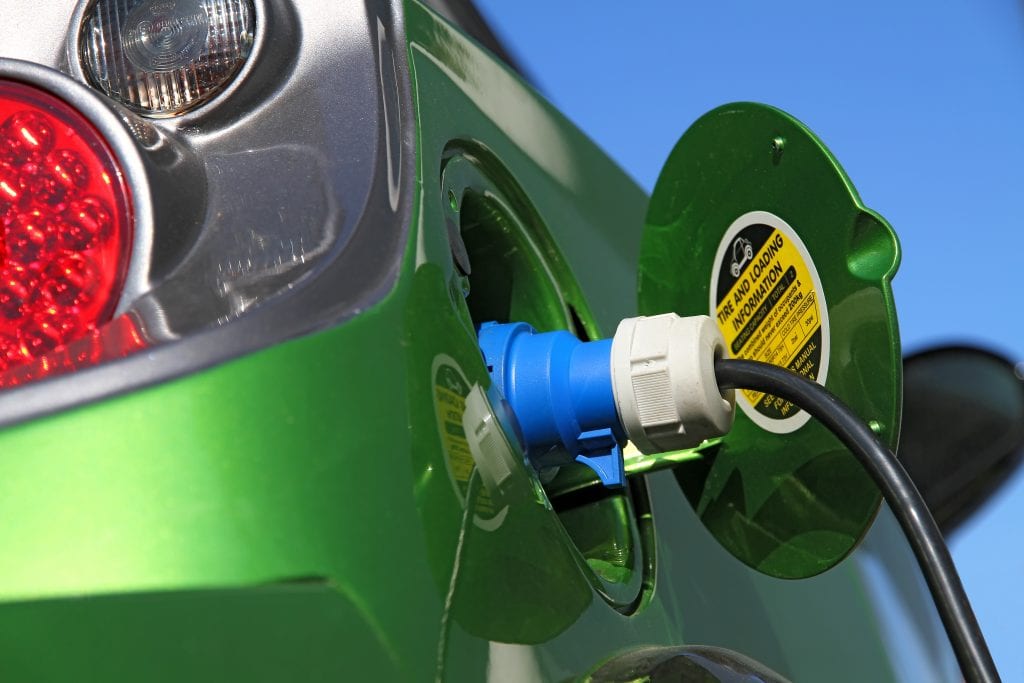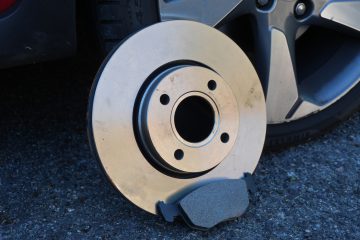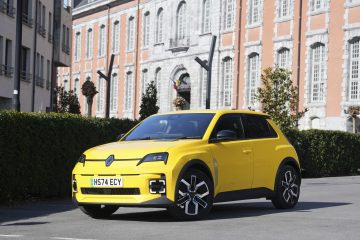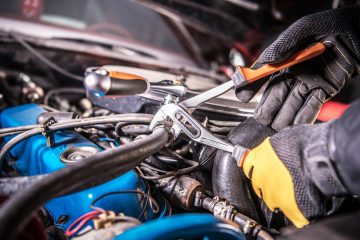
The IMI’s new Electrical Vehicle Advisory Group conducted its first meeting following its formation to agree appropriate Professional Standards for those working on electric and hybrid vehicles.
Following a poll of IMI Members where 98% called for regulation of technicians, the IMI has been leading the efforts to secure minimum training standards for technicians working at different levels on electric and hybrid vehicles, from basic maintenance to full diagnostic and repair.
The IMI’s lobbying of the UK Government led to the Department for Transport (DfT) committing in its ‘Road to Zero’ strategy published July 2018 to work with the IMI. In the publication the DfT confirmed it would be ‘reviewing whether current regulations are sufficient to protect mechanics working on electric and hybrid vehicles. We are working with the Institute of the Motor Industry (IMI) to ensure the UK’s workforce of mechanics are well trained and have the skills they need to repair these vehicles safely.’
The Electrical Vehicle Advisory Group, led by the IMI, will now be determining the main factors that need to be considered in the Electric Vehicle Professional Standards, and will continue to work together to develop the standards over the coming months.
“There is a real imperative for accepted sector-wide EV Professional Standards before we ‘cross the chasm’ from early-adopters to the majority of consumers embracing EV’s in the 2020s,” Said IMI Chief Executive Steve Nash. “The IMI is pro-actively developing EV Professional Standards based around existing EV qualifications, IMI Accreditation or accredited training; its code of professional behaviours, and a commitment to Continual Professional Development (CPD).
“Yesterday’s EV Sector Advisory Group meeting, where experts from across the industry had a chance to comment and contribute on the requirements was important to shape the development of the standards that aim to benefit everyone. This is an evolving process and we look forward to further meetings in the months to come.
“Businesses have a legal responsibility to ensure that their staff are appropriately trained, qualified and equipped to undertake work on vehicles which operate at potentially lethal voltages. As the industry’s professional body we feel it is our job to help them define and be clear about what appropriate training and qualification actually means by agreeing and establishing common minimum standards for the industry.”
Andy Savva, The Garage Inspector, a member of the working group, added: “I think an Electrified Vehicle Standard would be a good thing because then we can be measured against something, and at the moment as we’re unregulated everything is done internally in the motor trade, voluntary or not. We need something with a little bit of substance to add weight and credibility to consumers.
“Technology is always evolving, especially in the last 10-15 years, so as a garage owner it’s very important to look at your business plan and strategy for the next 3 to 5 years. Having said that, we mustn’t all run to train all the staff and buy all the equipment, you really must carry out a business plan based around your demographics of where you are. It is important and it’s something to be aware of, but there should be some caution as well.
“I 100% support introducing an Electric Vehicle Professional Standard – I’ve been calling for that but also general licensing to work on all vehicles. It’s more critical for people who come into contact with electric vehicles because of the safety factor and the injuries that can be caused when people are working on these electric vehicles.”




You must be logged in to post a comment.